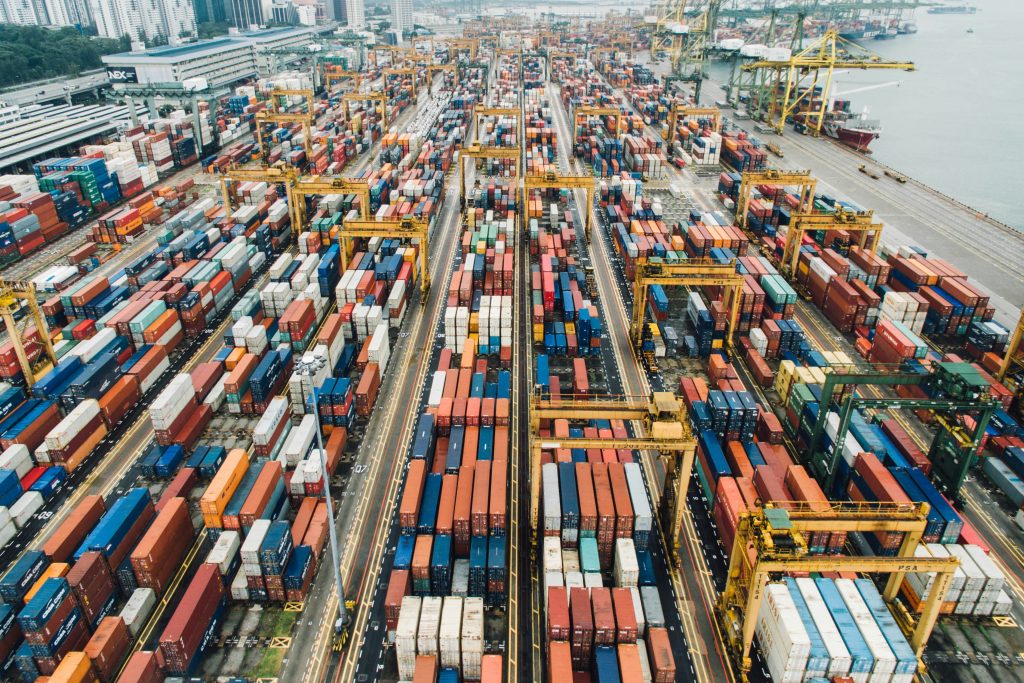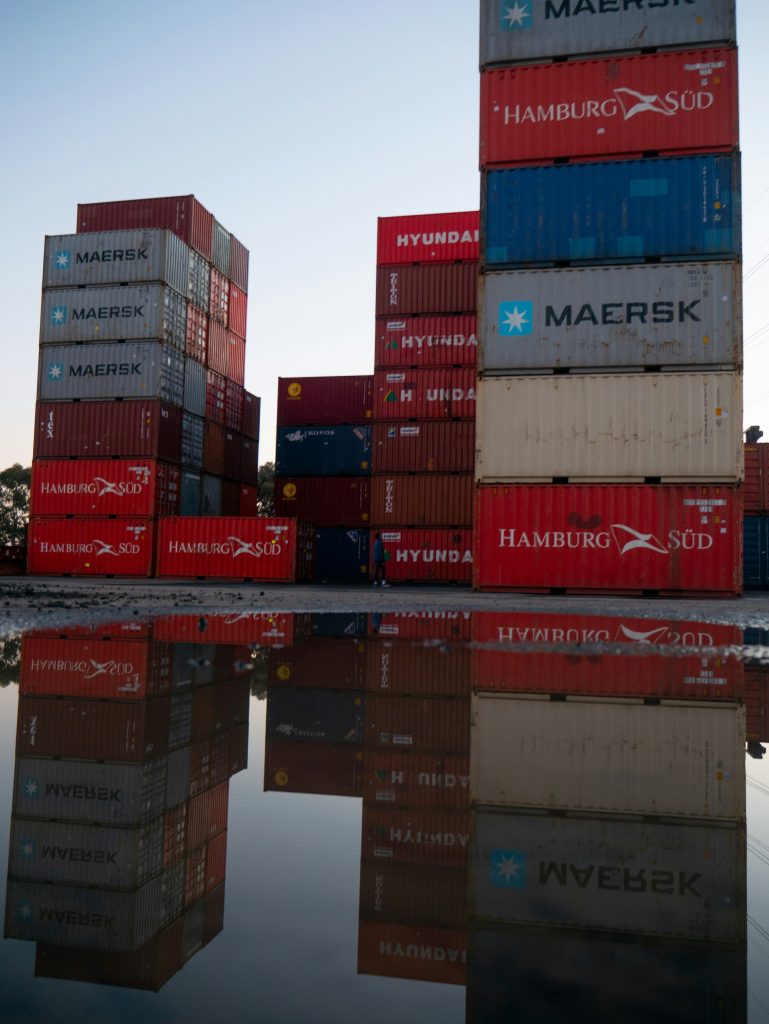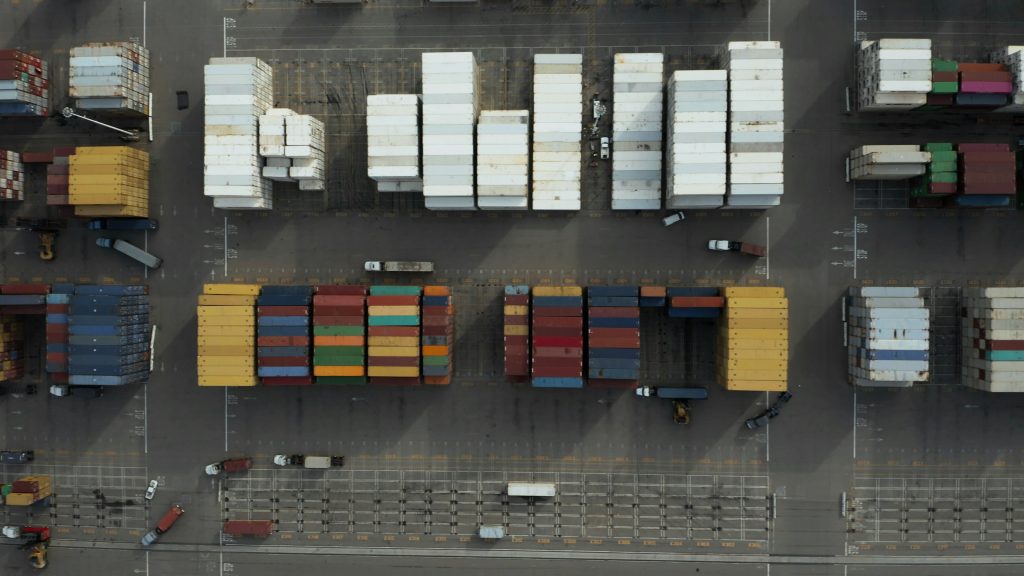What is the Importer?

Understanding the Role of an Importer
Importing plays a crucial role in global trade, allowing countries to access products and resources not available domestically, thus enhancing consumer choice and fostering economic growth.
What is an Importer?
Definition and Function
An importer is responsible for purchasing goods from foreign suppliers and bringing them into their home country. This process involves several steps, including sourcing products, compliance with import regulations, handling logistics, and ensuring payment to foreign suppliers.
Types of Importers
Different Categories of Importers
- Direct Importers
- Definition: Businesses that purchase products directly from foreign manufacturers or suppliers and sell them in their home market.
- Advantages: Greater control over the sourcing process, potential for higher profit margins.
- Challenges: Requires significant resources and knowledge of foreign markets.
- Examples: A retailer importing fashion products directly from manufacturers in Italy.
- Indirect Importers
- Definition: Businesses that purchase products through intermediaries, such as import agents or trading companies.
- Advantages: Lower risk, reduced need for in-depth market knowledge.
- Challenges: Lower profit margins, less control over the sourcing process.
- Examples: A small business using an import agent to source electronics from China.
Importer of Record (IOR)
Understanding Importer of Record Responsibilities
- Definition
- The Importer of Record (IOR) is the entity responsible for ensuring that imported goods comply with all applicable laws and regulations of the destination country. The IOR handles the necessary documentation, payment of duties and taxes, and other legal responsibilities related to the import process.
- Responsibilities
- Compliance: Ensuring that the imported goods meet all regulatory requirements, including safety standards and labeling.
- Documentation: Preparing and submitting all required documents, such as the commercial invoice, bill of lading, and customs declarations.
- Duties and Taxes: Calculating and paying import duties, taxes, and other charges.
- Record Keeping: Maintaining accurate records of all import transactions for a specified period as required by law.

Importance of Importing
Importing allows businesses to access a broader range of products and services, enhancing their offerings to customers.
By providing access to goods not available domestically, importing stimulates competition, innovation, and economic growth.
Imports offer consumers a wider variety of products, often at competitive prices.
Importing essential raw materials and components can support domestic industries and manufacturing processes.
Steps to Becoming a Successful Importer
How to Start Importing
Identify potential products and suppliers, and assess demand in your home market.
Analyze market trends, competition, and regulatory requirements.
Outline your import strategy, including product selection, sourcing, logistics, and marketing.
Set clear goals and timelines for entering new markets.
Understand and comply with import regulations in both the exporting and importing countries.
Obtain necessary import licenses and certifications.
Choose reliable logistics partners to handle transportation and customs clearance.
Understand Incoterms and their implications for shipping responsibilities.

Use secure payment methods such as letters of credit, advance payments, or escrow services.
Establish clear payment terms with foreign suppliers.
Common Challenges Faced by Importers
Overcoming Difficulties
- Regulatory Compliance
- Navigating complex import regulations and obtaining necessary licenses can be challenging.
- Solution: Stay informed about regulations, seek expert advice, and ensure thorough documentation.
- Logistics and Shipping
- Managing international logistics, customs clearance, and transportation can be daunting.
- Solution: Partner with reliable freight forwarders and logistics companies.
- Market Knowledge
- Understanding foreign markets and customer preferences requires extensive research.
- Solution: Conduct market research, attend trade shows, and build relationships with local partners.
- Payment Risks
- Ensuring payment from international buyers can be risky.
- Solution: Use secure payment methods such as letters of credit, advance payments, and export credit insurance.
- Cultural Differences
- Navigating cultural differences in business practices and communication can be complex.
- Solution: Invest in cultural training and hire local staff or consultants.
FAQs about Importing
Answers to Common Questions
- What is an importer?
- An importer is a business or individual that brings goods or services into a country from abroad for sale or trade.
- What are the responsibilities of an Importer of Record (IOR)?
- The IOR ensures compliance with import regulations, handles documentation, pays duties and taxes, and maintains records.
- What types of importers are there?
- There are direct importers and indirect importers.
- What steps are involved in becoming an importer?
- Key steps include conducting market research, developing an import plan, ensuring regulatory compliance, arranging logistics, and securing payment methods.
- What challenges do importers face?
- Challenges include navigating complex regulations, managing logistics, securing payments, and adapting to different market conditions.

Conclusion
Summary and Final Thoughts
Importing is a vital part of global trade, providing access to a diverse range of products and resources. By understanding the role of an importer, the responsibilities of the Importer of Record, and the steps involved in importing, businesses can successfully navigate the complexities of international trade. Proper planning, compliance with regulations, and effective logistics management are key to successful importing. Visit US GOV to learn more about the importer licenses.
